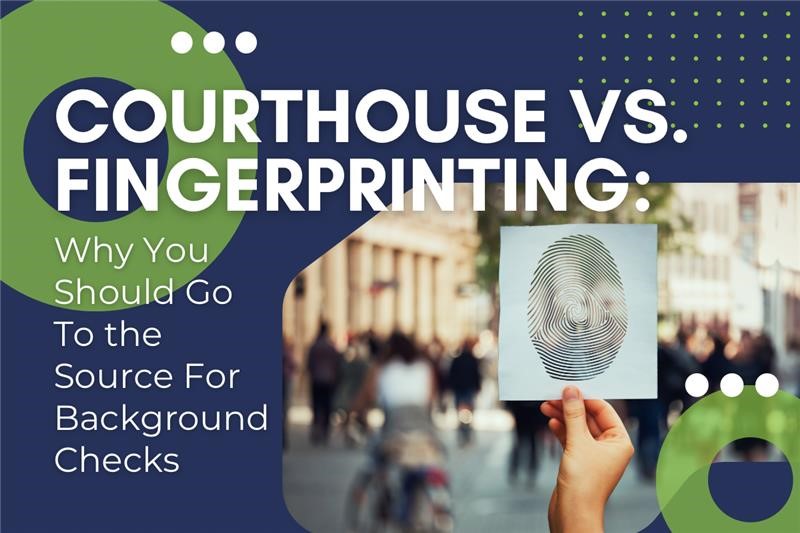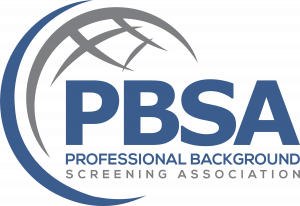
Written By: Raymond A. Alvarado
Please see below some of the key differences for both types of background checks.
Courthouse Background Check:
- Thorough Examination of Local Records: Courthouse background checks involve physically or electronically securing local courthouse information where an individual has lived or had legal matters. This hands-on approach ensures a meticulous examination of records, including criminal filings, civil cases, and other legal proceedings specific to the area.
- Comprehensive Insight: By focusing on local jurisdictions, courthouse background checks provide a detailed understanding of an individual’s interactions with the legal system in a particular region and across the US. This localized perspective can reveal nuances and context that might not be captured in broader, centralized databases.
- Accurate and Verified Information: Courthouse records are official documents maintained by the judicial system, offering a high level of accuracy and reliability. Unlike digital databases, which may contain errors or outdated information, courthouse records provide verified data directly from the source.
- Legal Compliance: Courthouse background checks adhere to strict legal procedures and regulations, ensuring compliance with privacy laws and guidelines. By following established protocols, these checks uphold ethical standards while providing valuable insights into an individual’s background.
In summary, courthouse background checks offer a meticulous, localized approach to assessing an individual’s legal history. With their emphasis on accuracy, reliability, and personalized attention, these checks provide a valuable resource for informed decision-making in various contexts, including employment, housing, and personal relationships.
Fingerprint Background Check:
- Limited to Criminal Records: Fingerprint background checks primarily focus on criminal records and may not provide insight into other aspects of an individual’s background, such as civil lawsuits, financial history, or personal relationships.
- Incomplete Records: While fingerprint databases like the FBI’s IAFIS contain extensive criminal records, they may not be entirely comprehensive. Some records, especially those from smaller jurisdictions or older cases, may not be digitized or included in the database.
- False Positives and Errors: Fingerprint matching algorithms can sometimes produce false positives, incorrectly associating an individual’s fingerprints with someone else’s criminal record. Additionally, errors in data entry or processing can result in inaccuracies in the background check report.
- Limited Jurisdiction Coverage: Fingerprint background checks primarily rely on centralized databases, which may not cover all jurisdictions or levels of law enforcement. As a result, certain criminal records from local or municipal courts may not be included in the search results.
- Expunged or Sealed Records: Fingerprint background checks may still reveal expunged or sealed records, depending on the policies and procedures of the jurisdiction. This can lead to unfair discrimination against individuals who have rehabilitated and had their criminal records legally cleared.
Overall, while fingerprint background checks are a valuable tool for uncovering criminal records, they have limitations and potential drawbacks that should be considered when assessing an individual’s background for pre-employment purposes. It’s essential to use them in conjunction with other screening methods and to interpret the results with caution and fairness.




